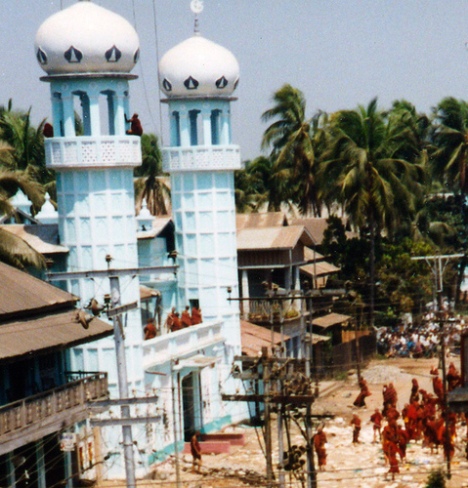Some Myanmar’s Muslim organisations
LA (Liberated Area)
There are two Muslim organisations which were established in the early eighties and have worked with the KNU 01:
-
All Burma Muslim Union (ABMU)
-
and Muslim Liberation Organisation of Burma (MLOB)
Both the ABMU and MLOB are active members of the DAB (Democratic Alliance of Burma), an umbrella organisation formed in 1988 to unite Burmese ethnic fronts and other pro-democracy opposition groups who are fighting against the SLORC/SPDC using military and political means.
They are also both members of the National Coalition of the Union of Burma (NCUB), an alliance formed between DAB members and elected Members of Parliament who fled Burma due to repression following the 1990 elections. All Burma Muslim Union (ABMU)
The All Burma Muslim Union (ABMU) maintains its own battalion of troops and has been fighting together with the Karen National Liberation Army (KNLA), the KNU’s military wing, against the SLORC/SPDC since 1983.
After an outbreak of anti-Muslim riots in Martaban, Moulmein and other towns in lower Burma in the early eighties, a number of internally displaced Muslims joined the ABMU. On March 6, 1997, the ABMU issued a statement declaring that they would like the international community, and especially Muslim countries in ASEAN, to be more aware of the human rights abuses currently being perpetrated, particularly, against Muslims by the Myanmar military. Muslim Liberation Organisation of Burma (MLOB)
The second organisation, the Muslim Liberation Organisation of Burma (MLOB) is comprised of Muslims from different areas in Myanmar. In their letter to the Muslim countries of ASEAN of 25 March 1997, they declared that:
“the people are afraid that a SLORC led Burma would become a member of the ASEAN grouping, which would give legality and legitimacy to the SLORC to brutalise the people for longer.”
The MLOB maintains that the military authorities cannot resolve Burma’s long-running political problems by means of military might. It states the only way to retain a civilized solution is to enter into a dialogue with the opposition “that represents almost the entire population of Burma”. 02
Rohingya groups
Two Rohingya armed resistance movements have been set up in response to Burmese oppression.
The Rohingya Solidarity Organisation (RSO) was formed in the early 1980s in reaction to the new discriminations affecting the Rohingyas and to the 1978 expulsions. It switched from political activism to armed struggle soon after the 1991–92 persecutions. The RSO essentially acts by infiltration and attacks in Northern Arakan from Bangladesh.
The other, less important, armed group is the Arakan Rohingya Islamic Front (ARIF), created in 1987.
Its activity seems to have ceased over the past few years. Generally speaking, the armed Rohingya resistance is not very active and constitutes above all a pretext for the militarization of the region as well as a way for the Burmese junta to keep a close watch on the population. 01: Karen National Union (KNU) is Myanmar’s largest armed ethnic group
02: MLOB statement on the prevailing serious situation in Burma,
29 July 1998;
http://www.ibiblio.org/obl/reg.burma/archives/199807/msg00729.html
The Muslim Liberation Organisation of Burma (MLOB) has regularly written letters to the supreme authorities of Brunei, Indonesia, Malaysia and other countries, inter alia on 28 April 1997 including the statement
“Muslim organisations from Burma are demanding to know why […] predominantly Muslim countries in ASEAN continue to support the junta”
Caught between non-recognition as victims of religious hatred and violence by those countries who have brought sanction against Myanmar, and ignored by supposed co-religionist governments who have gone so far as to support the junta, even with arms, the Muslims of Myanmar hold the unenviable position of being oppressed even in some cases by the oppressed.
Filed under: Blogging, Burma, Burmese Muslims, Crimes against Humanity, Democracy, Democratic activists, English Article, Ethnic Cleansing, Ethnic Minorities, History, Human Rights, Individual Freedom, Islam, Islam in Myanmar, Justice, Law, Malaysia, Migrants, Migration, Minority Races, Muslim Governments, Myanmar, Myanmar History, Myanmar Military, Politics, Refugees, Religion, Rule of Law, SPDC, Thailand | Tagged: Bangladesh, Brunei, Burma, History, India, Indonesia, Islam, Malaysia, Migration, Muslim Governments, Myanmar, OIC, OIC countries, Pakistan, Politics, Saudiarabia, Thailand | Leave a comment »






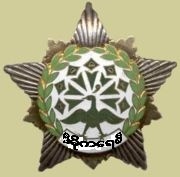

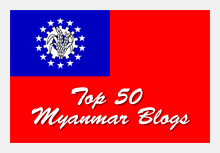
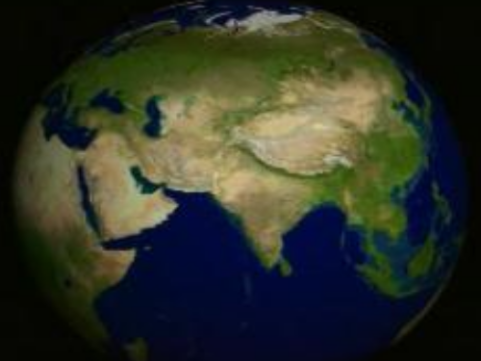

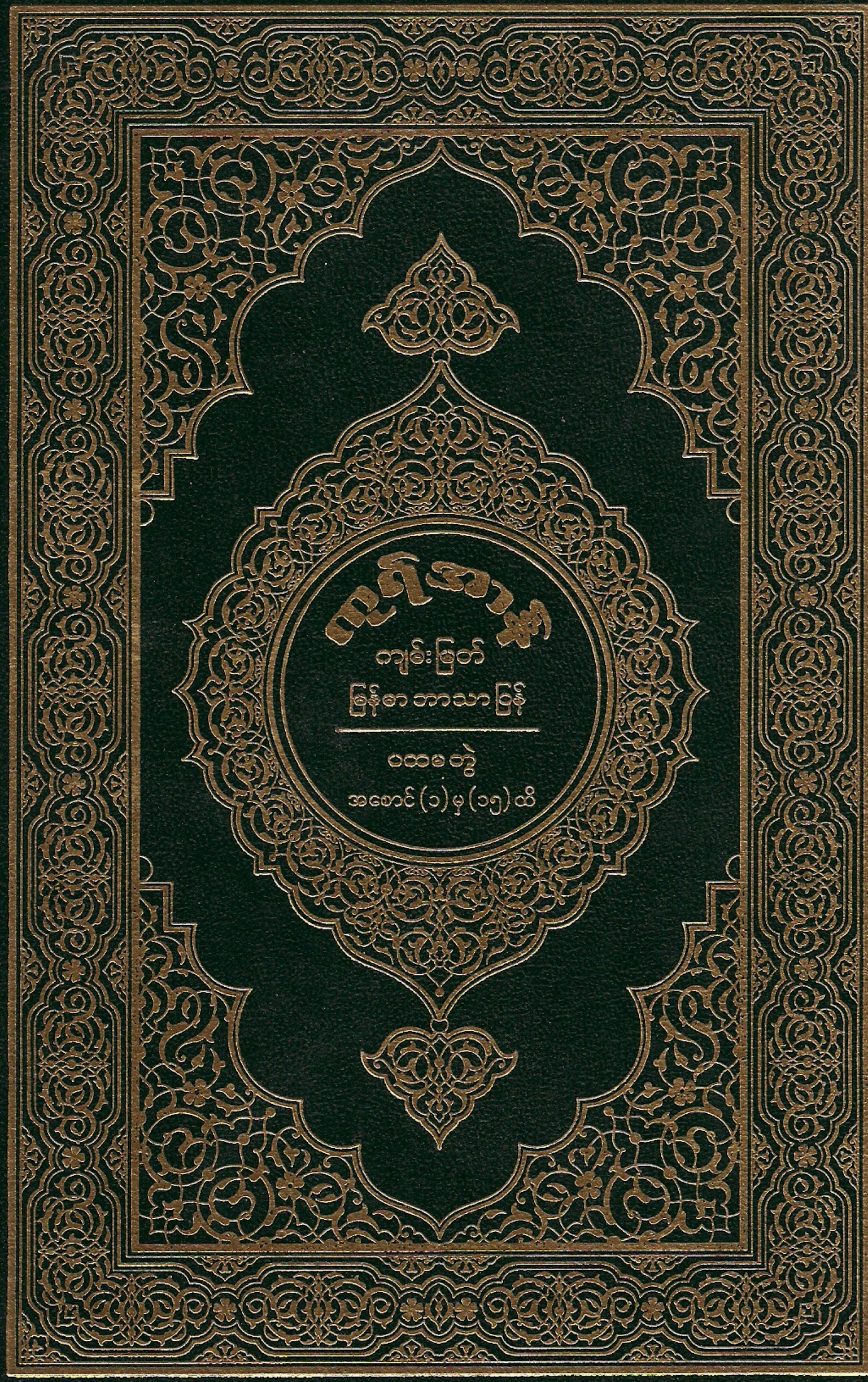
+(Small).jpg)
